Why Do Diesel Engines Produce So Much Torque?

It’s not a secret that diesel engines consistently produce higher torque outputs than petrol engines. The difference between horsepower and torque is also normally much closer in diesel engines (if measured in lb ft), so how do they create all this extra grunt compared to petrol?
High compression ratio
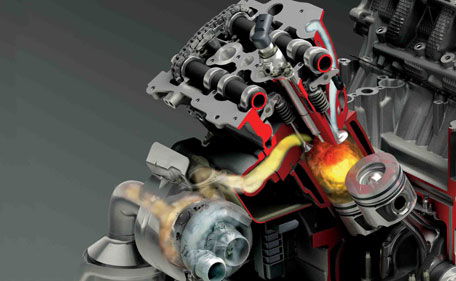
The first reason is a much higher compression ratio. This is the ratio of the maximum and minimum volume in the cylinder of an engine. It’s made larger in a diesel engine due to a longer stroke, meaning the piston is moving up and down a larger internal volume of cylinder. Diesel engines never rev as high as petrol engines due to the fact that the piston has to travel further for its full rotation, while a petrol engine uses its shorter stroke to move the piston in quicker bursts, meaning the engine speed can be faster.
Higher calorific value

Another influence on torque output is the pressure exerted on the piston from the combusted fuel. Diesel (45500kJ/kg) has a slightly lower calorific value than petrol (45800kJ/kg) which means that more heat is actually contained within petrol for a given volume than diesel. However, diesel is much denser than petrol and can store up to 15 per cent more energy per given volume. This means that each time diesel is combusted, more energy is transferred through to pressure on the piston, increasing the amount of torque acting through the crankshaft.
Higher boost
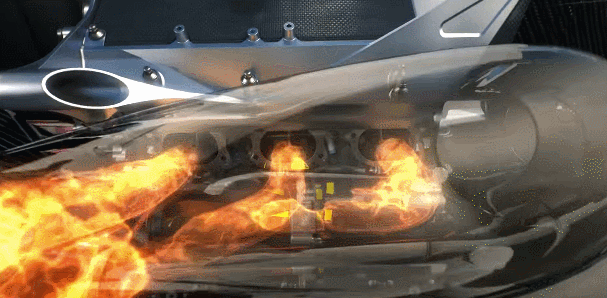
Many diesel engines are also turbocharged to make up for the lack of out-and-out horsepower and engine speed. This then creates a higher pressure within the cylinder for the power stroke, which in turn creates an increase in torque. In comparison to turbochargers on gasoline engines, diesel turbos are generally setup to a much higher boost pressure, which reduces pumping losses during the intake stroke of the engine, allowing the engine to become more efficient in its conversion of energy through to the crankshaft.
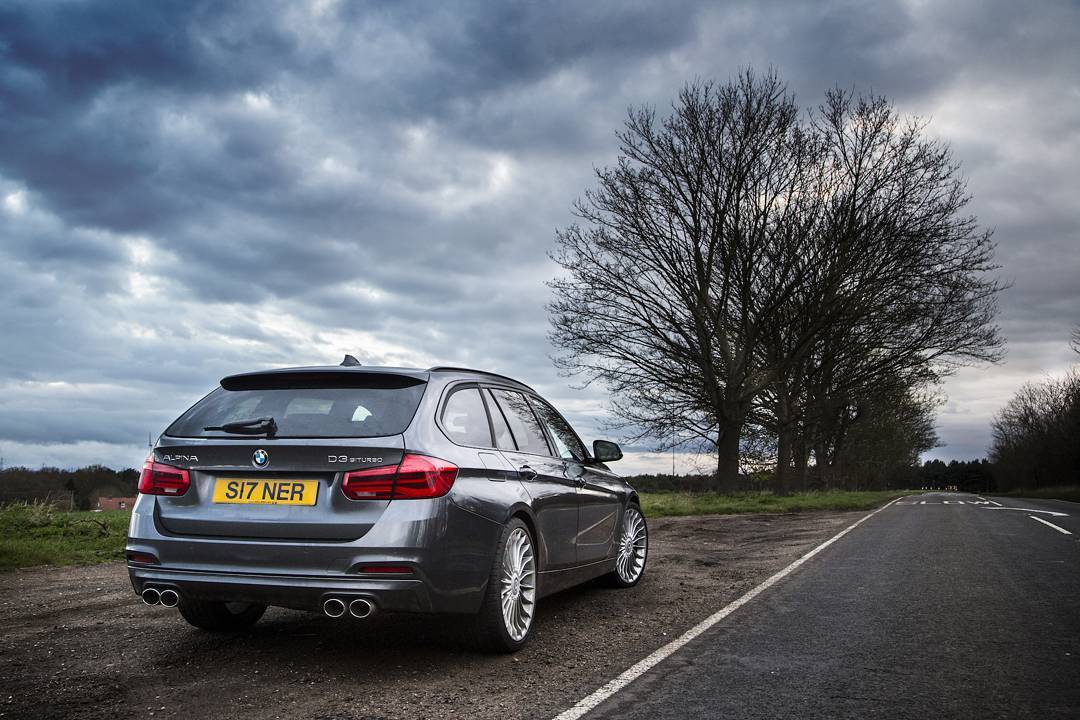
The main thing to take from all this is that horsepower is definitely not the be-all and end-all, but it certainly has its uses. A petrol-powered racing engine can produce little torque but the sheer rev range can mean a high horsepower figure. On the other hand, a low revving diesel engine will always struggle to reach the same value in horsepower but can capitalise on the torque gains. This is why you never find diesel engines in any supercars or hypercars; if you have two engines making the same amount of torque but one of them is managing to rotate the crankshaft faster and therefore creating more power, you’d side with that one.
You must remember that diesel engines in their first instance were developed to rival the steam engine; engines designed to move very heavy loads, making high torque and constant speed essential. Gasoline engines on the other hand were developed for functions where high power-to-weight ratios were needed (early aircraft and motorbikes) and thus produce that fast-revving characteristic that most petrolheads crave over a torquey diesel.
The way to look at diesels is using an analogy like loading up your boot with something: let’s go with paving slabs. Petrol power is like carrying each single paving slab as quickly as possible, while a diesel engine is more like slowly moving four slabs at a time. The diesel engine is doing more work per engine revolution.
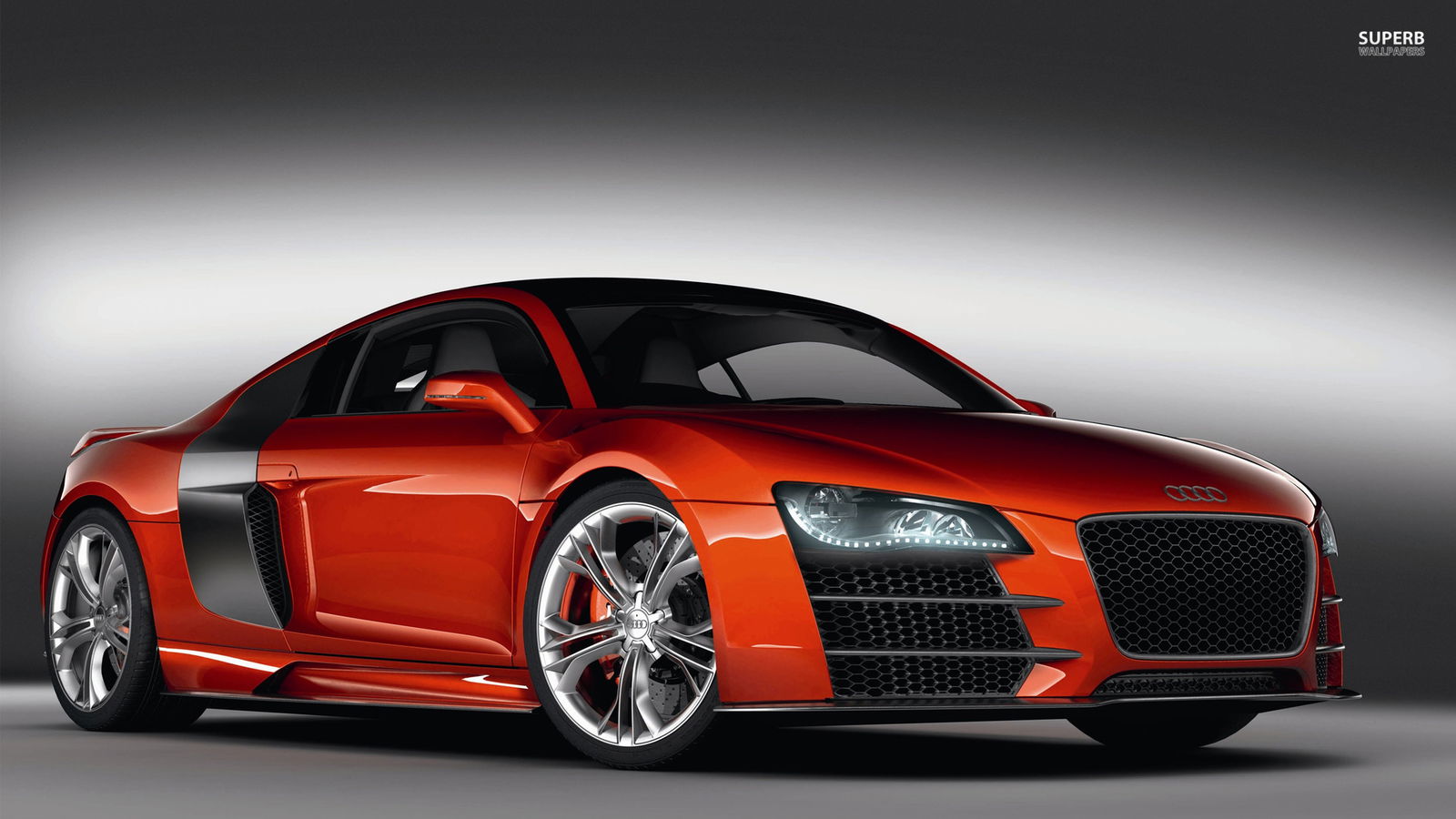
High performance diesels are also most certainly on the up – take Alpina for example. The D3 Bi-Turbo produces 345bhp and (predictably) 516lb ft of torque resulting in a 4.6sec 0-62mph time. That puts it in the territory of the BMW M2, an impressive achievement for a big, oil-burning estate. And who can forget Audi’s road-going R8 V12 TDI from 2008, which managed a top speed of 202mph through the extensive development of the company’s R18 Le Mans racers. Diesel power can therefore be effectively utilised for performance machinery, but the shift from petrol has yet to happen, thanks in part to the sudden rise in hybridisation and various diesel emissions scandals.
You probably won’t see Ferrari or Koenigsegg scrambling to develop diesel powertrains any time soon, but if out-and-out torque is required, rolling coal is the way to go.
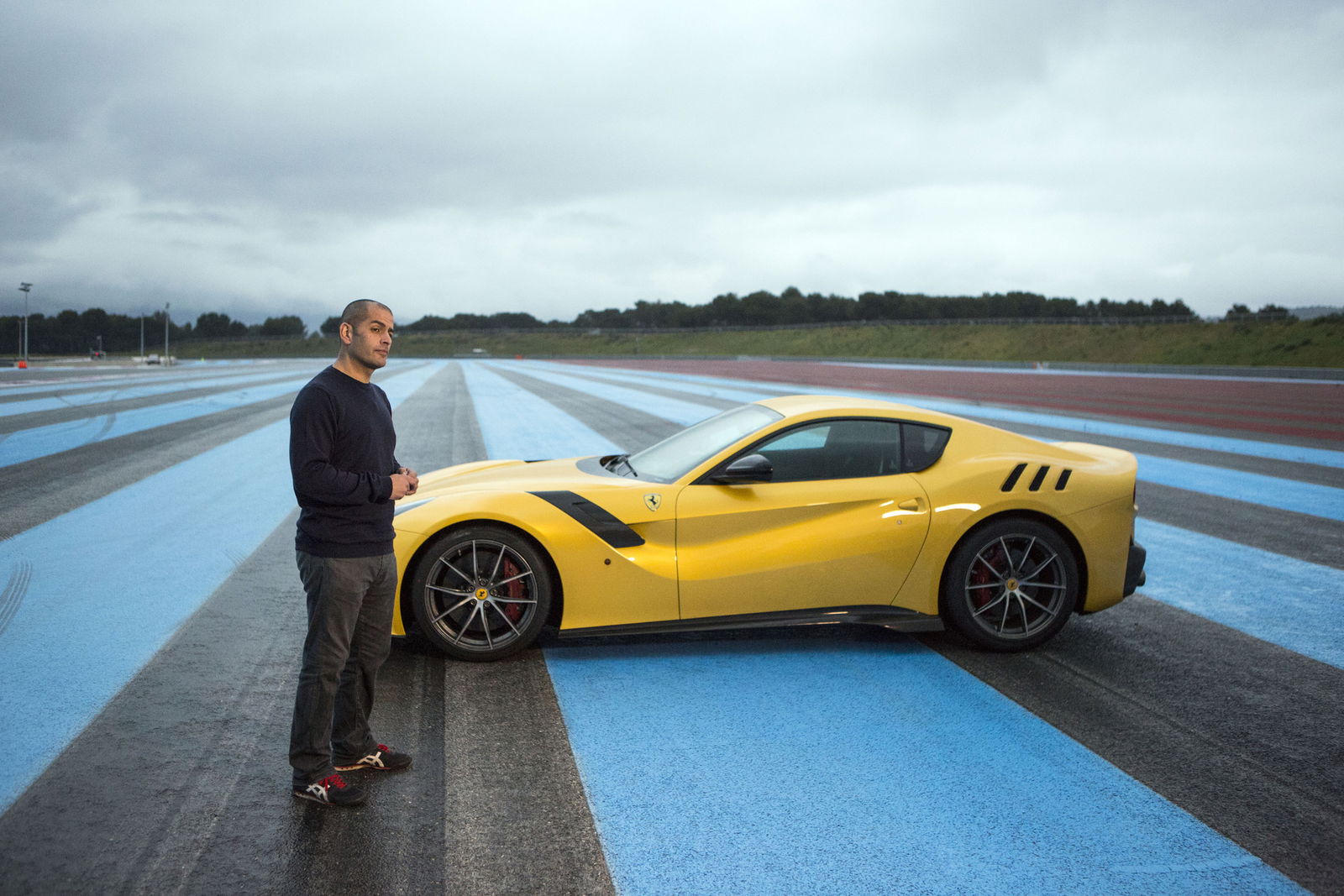
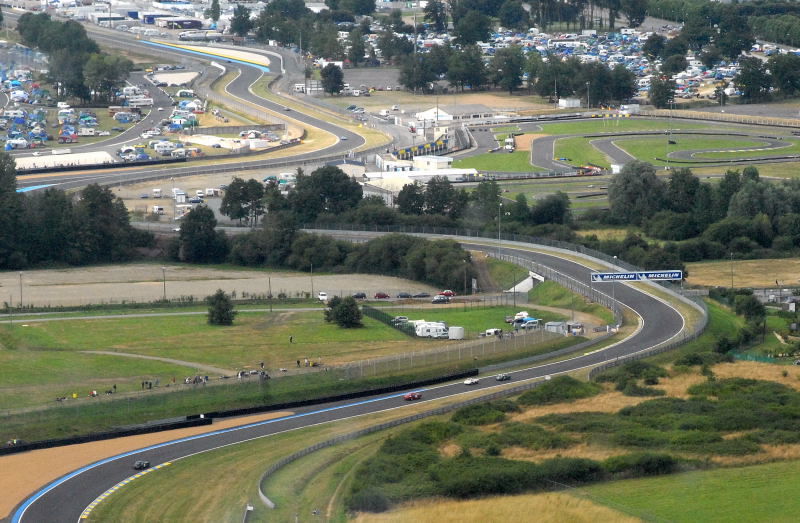
Comments
Finally something about diesels! That f250 in the left of the picture has 400k miles on the original motor and is a pulling machine. My cummins there has 205k and is just getting started. (Well shortly after this picture because in this picture it didnt have brakes and sat for a few years before i bought it.) The international up with the ford is pretty high up there too.
this is twin turbo, 310 hp and 650 nm of torque,
No mention of the typically longer stroke than petrol engine of a similar engine capacity?
And there’s the most indestructable small engine in the world… VW 1.6TD Mine’s running for 500k+ km with original cylinder walls, pistons and crank bearings. Everything else was replaced at some time (minus the cam, turbo, crank and fuel pump (the pump was repaired once)).
The main reason is indeed boost. N/A diesels get low torque per displacement ratio, at around 60-70nm per liter, while N/A petrol ones go over 100nm per liter.
“Diesel-engined cars normally struggle to compete with their petrol-powered counterparts on the spec sheet, but why are they produce way more torque?”
Does anyone even proof read the articles before publishing? If the grammar is atrocious, then how can anyone even believe the information in the article.
I have also highly tuned TDI with turbo from 2.7, and wather methanol injection. It has about 245-250hp with WMI, 225-230 without, and I have succeed to broke it after 130.000kms, when I was trying several times to make timing attack from 100-200 kmh. Because I have stock nozzles, durations are long, and it EGT started to melt my cylinder head and piston crowns. Everything works fine, but tomorrow car wasn’t able to start properly. I drove it for about 3k kms with cracked head and all 4 pistons, It wasn’t consumed oil and coolant, only hard cold starts after sitting. When I opened engine, I have changed head, camshaft was worn and all 4 pistons with another used pistons, and now works like charm for about 700 €. :D Watch on EGT, it shouldn’t raise over 800C never, and engine would run forever. Long life ASZ!
Pagination